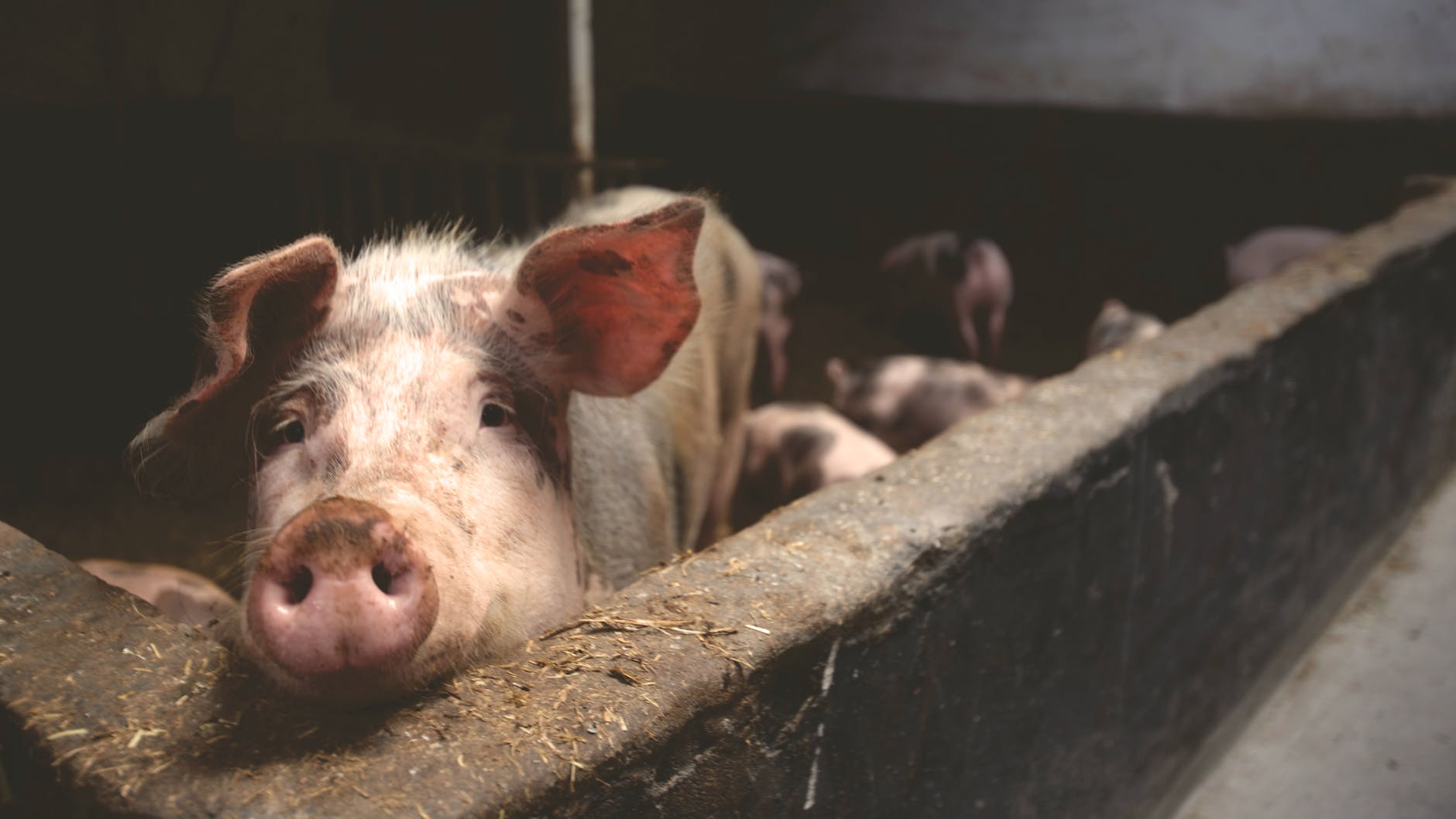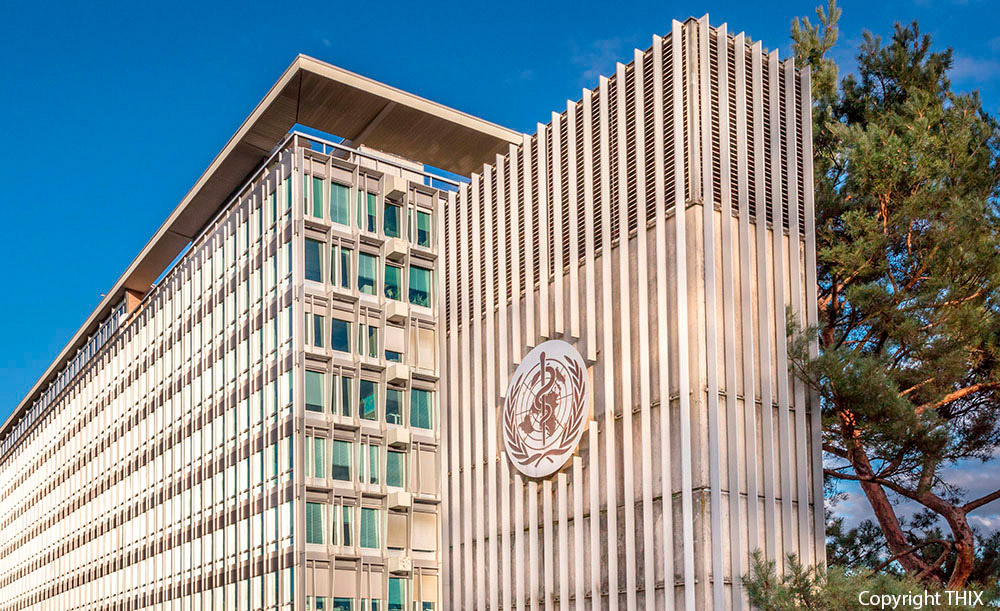The Chinese Communist Party (CCP) continues its frantic campaign to erase crosses from even Party-controlled churches, the human rights magazine Bitter Winter reported on Tuesday, explaining to Christian residents the crosses must go because “Christianity does not belong in China.”
Christianity has arguably a much older presence in much of China than it does in Western Europe and arrived there over a millennium before it did in the Americas.
Communism is an ideology founded out of the writings of European agitators. Karl Marx, its intellectual father, was born about 5,000 miles from Beijing.
The Bitter Winter report this week focused on a town in Shandong province, northeast China, where locals say CCP officials began taking down the crosses from all legal “Three-Self Patriotic” churches. The “patriotic” church is the Party-approved version of Protestantism in the country; only four other religions — Chinese Catholicism, Taoism, Buddhism, and Islam — are legal in the country. The campaign to remove the crosses in the town, identified as Dazhongcun, reportedly began in July.
In Linyi, a city in the province, officials reportedly began erasing public signs of Christianity in 2019, arguing that the faith was growing too popular too quickly for the Party to control.
“On April 11, the municipal United Front Work Department convened an emergency meeting for the city’s Three-Self Church pastors, informing them,” Bitter Winter reported, “that because ‘there were too many Christians in Linyi,’ the provincial government had issued a red-headed document ordering to control the matter by cracking down [on] places of worship.”
Reports of similar moves targeting the few Chinese Christians who actually use CCP-approved churches have surfaced nationwide. In some parts of the country, the churches have now become nondescript buildings. In others, the Party has adorned churches with the communist red star and other Marxist imagery.
The Three-Self Church is highly unpopular among Chinese Christians, according to aid groups helping them continue to practice their faith in the country, because all sermons, Bibles, and other materials must be first approved by the Party, meaning that most has been diluted into communist propaganda incompatible with real Christian teachings. Instead, many Christians risk their lives by attending illegal “house” church services, in which the Christians of a given neighborhood gather secretly to worship without government supervision.
Christianity is believed to have arrived in China first through missionaries related to the Assyrian Church of the East, or more commonly known as the Nestorian Church. The history of its arrival is in part written on a stone tablet known as the Nestorian Stele, or the Xi’an Stele, found in the eponymous city. According to the tablet, Christians arrived in China in 635 AD. By the turn of the millennium, however, Chinese emperors had worked to curtail its influence.
While its status as a Christian movement has caused significant controversy, the single most significant movement caused in part by Christian missionaries is the Taiping Heavenly Kingdom, founded in the mid-1800s by a man named Hong Xiuquan, who claimed to be the younger brother of Jesus of Nazareth. Taiping followers attempted to secede from the Chinese empire, causing the war known as the Taiping Rebellion, which claimed about 20 million lives between 1851 and 1864.
Since Mao Zedong’s conquest of China over 70 years ago, communists have persecuted Christians and other faithful, forcing them to conform to Marxist atheism. That persecution has worsened under current dictator Xi Jinping following a period in which the “patriotic” church was allowed to appear at least nominally as a Christian organization in public. Xi has outlawed children attending church services, or any religious gathering, and targeted for closure Christian children’s camps and orphanages. Poorer Christians also face threats of losing government aid if found to be openly worshipping and reports have surfaced of Party members pressuring rural Christian to remove crosses displayed publicly and replace them with photos of Xi Jinping.
“The Chinese Communist Party is trying to rewrite the Bible itself to ‘sinicize’ the Christian doctrine,” U.S. Secretary of State Mike Pompeo said in a speech last month. “That’s unacceptable. That will diminish the Chinese people. We want good things for them.”
Follow Frances Martel on Facebook and Twitter.











![Which priorities for the [post-]COVID-19 EU External Action? Which priorities for the [post-]COVID-19 EU External Action?](https://i2.wp.com/www.comece.eu/storage/img/01/33/asset-9f8dbd13e4ac906504bd.jpg?w=696&resize=696,0&ssl=1)

